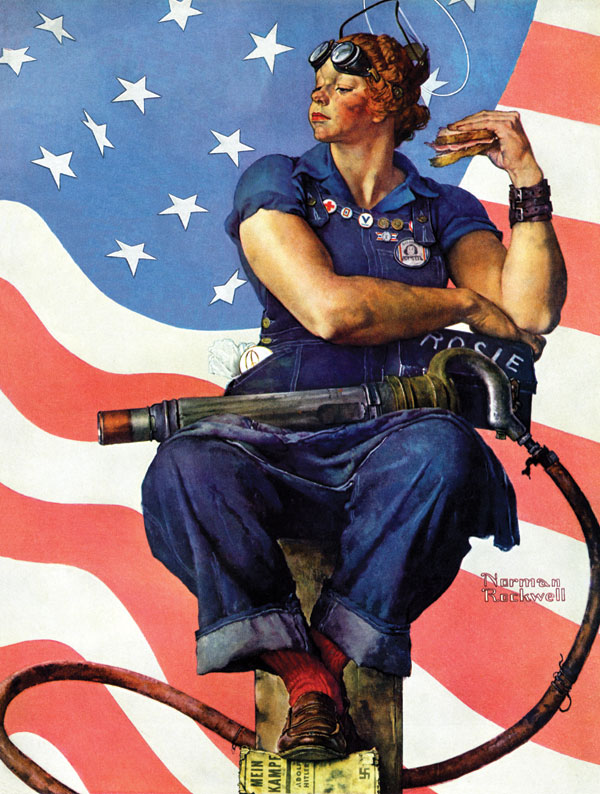Grandma’s Sinister Alarm Clock
At the writing group I attend we are often given writing prompts. The leader will say, “I want you to write whatever comes to mind after I give you the following sentence.” We have about 10 minutes to finish the task. It’s not a lot of time to scribble down some thoughts that you hope sound intelligible, because – you may have guessed – after the time is up we go around the room and read what we have written in front of some pretty polished writers.
At the October meeting we talked about “fear and anxiety”; the symptoms of both, and how each of them has the potential of doing some strange things to our minds and bodies. We discussed the difference between the two. I concluded that I do not like what either one does to me. Whether it’s fear or anxiety, I eat to much ice cream (or whatever sweet happens to be available), don’t sleep, and loose all concentration on anything but the problem. I wish I could go to bed, cover up my head and make it all go away – which I’ve tried, and it doesn’t work.
The New American Standard Bible includes the phrase “do not fear” fifty-seven times and “do not be afraid” forty-six times. God obviously had an easier time saying it than I do doing it. Instead of admitting to disobedience by not following His commands, I’d like to think God incorporated these words into His Word this many times because He knew there was going to be a large amount of folks that would struggle with this. (That’s my story and I’m sticking to it!)
After a lively twenty minute discussion on fear and anxiety at our meeting, it was time for our writing prompt. “Write about a time when you were scared, fearful, or filled with anxiety.” I wrote of one of the first fears I can remember and entitled my short story, “Grandma’s Sinister Alarm Clock.”
I should have been asleep, but my eyes were propped open as if 2×4’s were lodged between the lids. Grandma Martha slept soundly in the other bed that occupied her long narrow bedroom. I loved Grandma, but her house was big, old, and had sounds our familiar house did not. A very disturbing sound at this moment was the loud, rhythmic tick of the battery operated alarm clock sitting on the tall oak dresser – not 6 feet from me. In the moonlight that entered through the north window, I could make out the black and white sinister face of the clock. The face wasn’t what frightened me most, however; it only added to the malign voice of the clock…the constant outcry of the tick…tick…tick. How could Grandma sleep with this clock that sounded as if it came straight off an Alfred Hitchcock movie? Any moment now, it was likely to jump off that dresser and onto my bed. It would strangle me with those arms and hands that would magically extend into the darkness.
Hours later, my six year old imaginative mind finally exhausted itself into slumber.
When I awoke, pleasant sounds of Grandma working in the kitchen drifted into the bedroom. Bright, happy sunlight streamed through the window where just a few hours ago, moonlight had cast an eerie ambiance across the room. I jumped up and hurriedly ridded myself of my baby doll pajamas. I yanked on my summer shorts and T-shirt. I couldn’t wait to see what Grandma was fixing for breakfast.
I skipped out of the room, oblivious to the tormenting sound of a harmless alarm clock sitting on the dresser.
FYI – Check out the book page for information regarding” Chicken Soup for the Soul – Angels and Miracles”. I am the author of one of the 101 stories.
Until next month – keep on readin’ and I’ll keep on writin’.



 Would you like to live in a self supporting Christian community – one that has a thriving economy, non-existent unemployment, and where serious crime is unknown? You might say, “Yes, but there is no place.” Ah…but that is not so. There is such a place. It is called Tristan da Cunha Island.
Would you like to live in a self supporting Christian community – one that has a thriving economy, non-existent unemployment, and where serious crime is unknown? You might say, “Yes, but there is no place.” Ah…but that is not so. There is such a place. It is called Tristan da Cunha Island.